Complete Guide to Tube Adhesive: Everything You Need to Know
Tube adhesive is an essential product for various industrial, household, and automotive applications. Whether you’re looking to bond materials or seal tubes, tube adhesives offer a reliable and efficient solution. In this comprehensive guide, we will explore what tube adhesive is, its uses, benefits, and why it is a must-have product in many industries.
What Is Tube Adhesive?
Tube adhesive is a special type of adhesive designed for use with tubes, both for bonding and sealing purposes. It is formulated to adhere to various materials such as metal, plastic, glass, and ceramics, making it versatile for a wide range of applications. The adhesive is typically applied in liquid form and can set quickly or remain flexible, depending on the type.
The primary function of tube adhesives is to provide strong and durable bonding for materials that are often difficult to join using traditional methods. These adhesives are specifically designed to create airtight and waterproof seals, making them ideal for sealing tubes, pipes, and containers that require a high level of durability.
Applications of Tube Adhesive
- Automotive Industry:
In the automotive industry, tube adhesives are used to bond and seal components such as exhaust systems, engines, and fuel lines. Their high heat resistance and ability to form airtight seals make them indispensable in this sector. - Construction and Renovation:
For construction professionals, tube adhesives are ideal for sealing joints, windows, doors, and even fixing tiles. These adhesives are designed to hold heavy materials together and can withstand outdoor weather conditions, making them perfect for both indoor and outdoor applications. - Manufacturing and Industrial Use:
Manufacturers use tube adhesives for bonding and sealing machinery parts, plastic containers, or any component that requires a secure bond. These adhesives are known for their strong adhesion to metals and plastics, which are commonly used in manufacturing. - DIY Projects and Household Use:
Tube adhesives are also popular for DIY projects, such as crafting, fixing household items, and repairing leaks in pipes. Their easy application and long-lasting bond make them a favorite among hobbyists and homeowners alike.
Benefits of Tube Adhesive
- Strong Bonding Power:
Tube adhesives are designed to form strong and long-lasting bonds between a variety of materials. Whether you’re working with metal, plastic, or glass, these adhesives ensure a secure and reliable bond that won’t break under stress. - Water and Heat Resistance:
One of the major advantages of tube adhesive is its ability to resist water and high temperatures. This makes it perfect for use in environments where other adhesives might fail, such as automotive engines or outdoor construction sites. - Versatility:
Tube adhesives can be used in a wide range of applications, from small DIY projects to large industrial tasks. Their versatility is one of the reasons they are in high demand in so many industries. - Easy Application:
Tube adhesives come in easy-to-use tubes or cartridges, making them convenient for quick fixes or detailed applications. The adhesive can be applied precisely where it is needed, reducing waste and mess. - Durability:
Once cured, tube adhesives form a permanent bond that can withstand environmental stresses like moisture, vibrations, and temperature fluctuations. This durability ensures that repairs and installations last for a long time.
How to Use Tube Adhesive
- Prepare the Surface:
For the adhesive to work effectively, clean the surfaces that you intend to bond. Remove any dust, dirt, oil, or grease to ensure maximum adhesion. - Apply the Adhesive:
Squeeze the adhesive from the tube onto one of the surfaces to be bonded. Apply a thin, even layer to ensure proper adhesion without excess. - Press and Hold:
Once the adhesive is applied, press the surfaces together and hold them in place for the recommended curing time. For certain tube adhesives, you may need to use clamps or fixtures to hold the pieces together while the bond forms. - Allow to Cure:
Follow the manufacturer’s instructions on the curing time. Some tube adhesives set quickly, while others may require a longer period to fully cure and achieve maximum strength.
Why Choose ParsumashTajhiz for Your Tube Adhesive Needs?
If you’re in need of high-quality tube adhesives for any application, ParsumashTajhiz is your go-to source. With a wide selection of tube adhesives, ranging from general-purpose to specialized products, you can find exactly what you need for automotive, industrial, construction, or household applications. Their products are carefully selected to ensure the highest standards of quality and reliability.
At ParsumashTajhiz, we understand the importance of durability and performance, which is why we offer adhesives that guarantee strong bonds and long-lasting results. Whether you’re a professional or a DIY enthusiast, you can rely on ParsumashTajhiz for your tube adhesive needs.
Conclusion
Tube adhesive is a versatile, durable, and reliable solution for bonding and sealing materials across various industries. Its ability to form strong bonds, resist moisture and heat, and be applied with ease makes it an indispensable tool for both professionals and DIY enthusiasts alike. Whether you’re working on an automotive project, construction job, or household repair, choosing the right tube adhesive can ensure that your work lasts.
To purchase high-quality tube adhesives, visit ParsumashTajhiz, your trusted supplier for all adhesive solutions.

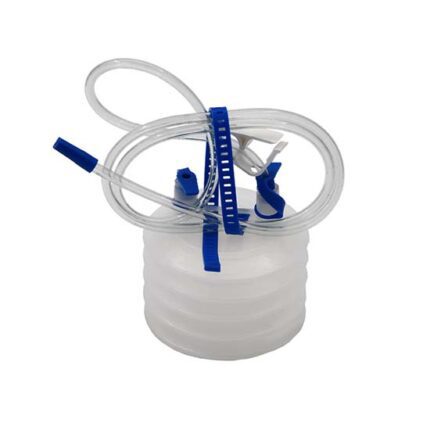
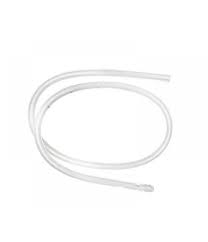
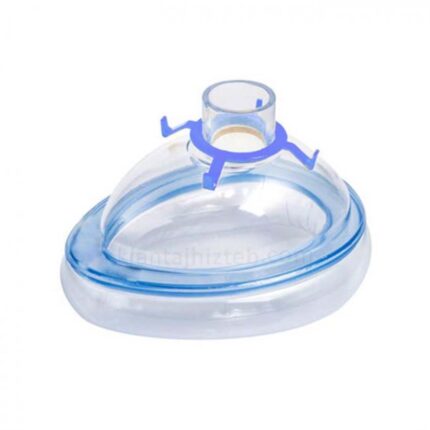
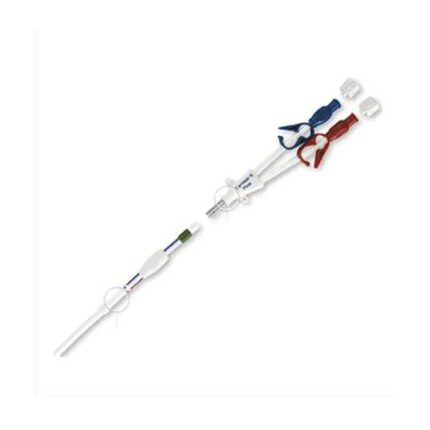
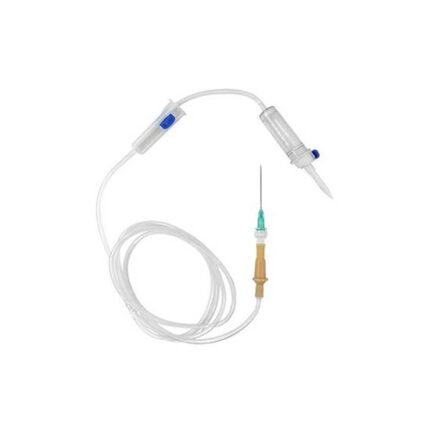
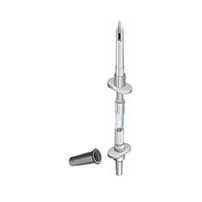
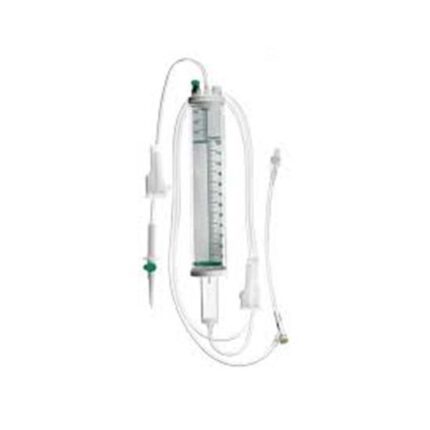
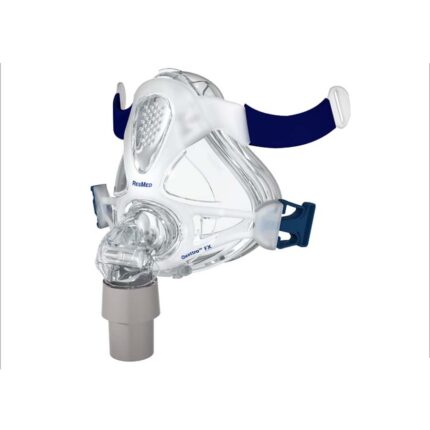
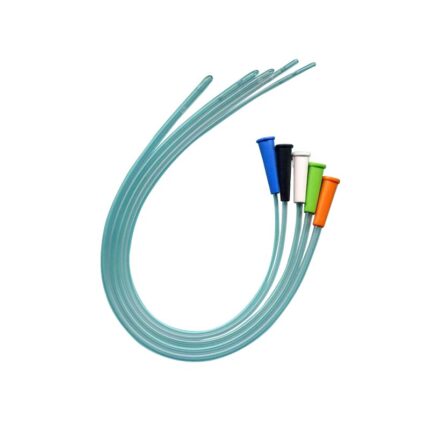
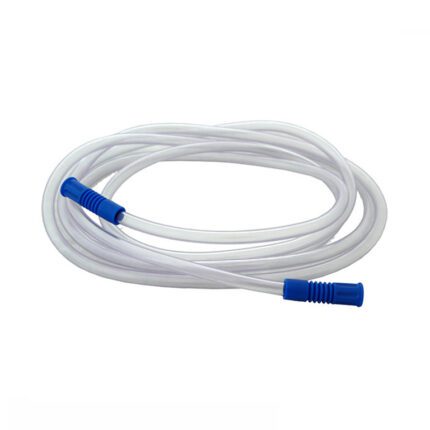
Reviews
There are no reviews yet.